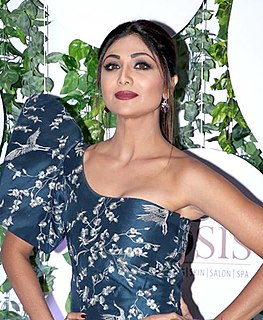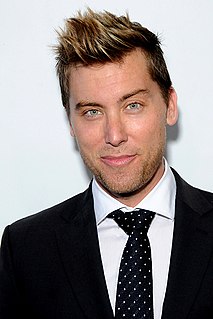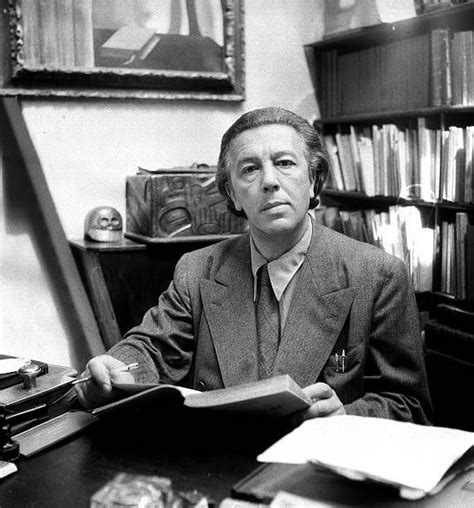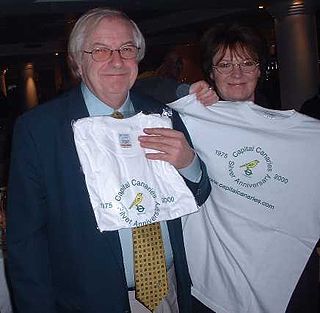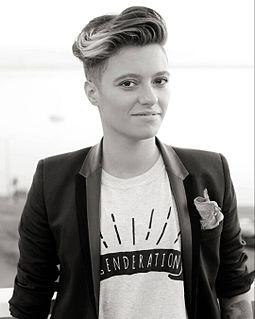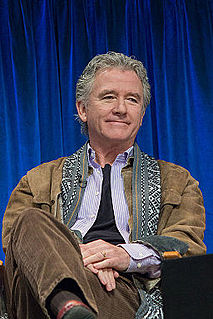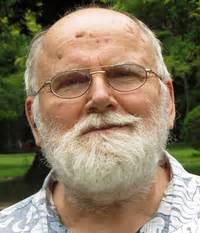A Quote by Aldous Huxley
All our science is just a cookery book, with an orthodox theory of cooking that nobody's allowed to question, and a list of recipes that mustn't be added to except by special permission from the head cook.
Related Quotes
Cookery is a wholly unselfish art: as 'art for art's sake' it is unthinkable. A man may sing in his bath every morning without the least encouragement, but no cook can cook just for his or her own sake in a like manner. All good cooks, like all great artists, must have an audience worth cooking for.
Typically, you learn how to cook, but you don't know why. We were looking for a deeper understanding of what was happening to our food as we roasted it, boiled it, grilled it, chopped it, etc. And it turned out, as we began to really say what is cooking, what does it mean to cook, there's a lot of science involved.
I began reading cook books when I was six, cause my father had hundreds of cook books in the kitchen. I was obsessed with cooking and tasting different recipes. I got lost in being a compulsive eater. It brought me much happiness. Sadness too, sure. But I have to say, and compulsive eaters will agree with me, for that few seconds that you're eating, food tastes just great.
Americans, more than any other culture on earth, are cookbook cooks; we learn to make our meals not from any oral tradition, but from a text. The just-wed cook brings to the new household no carefully copied collection of the family's cherished recipes, but a spanking new edition of 'Fannie Farmer' or 'The Joy of Cooking'.
Just about every children's book in my local bookstore has an animal for its hero. But then, only a few feet away in the cookbook section, just about every cookbook includes recipes for cooking animals. Is there a more illuminating illustration of our paradoxical relationship with the nonhuman world?

